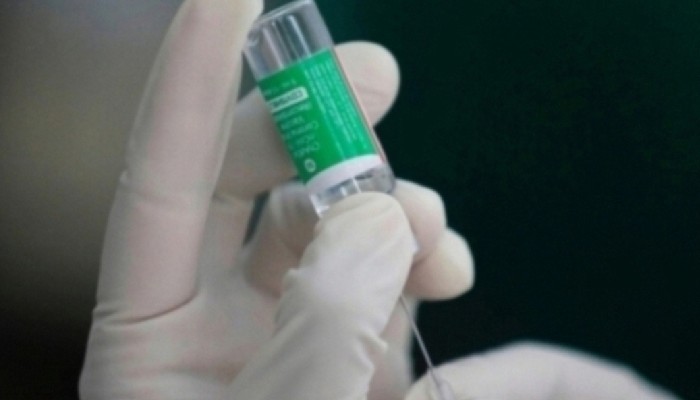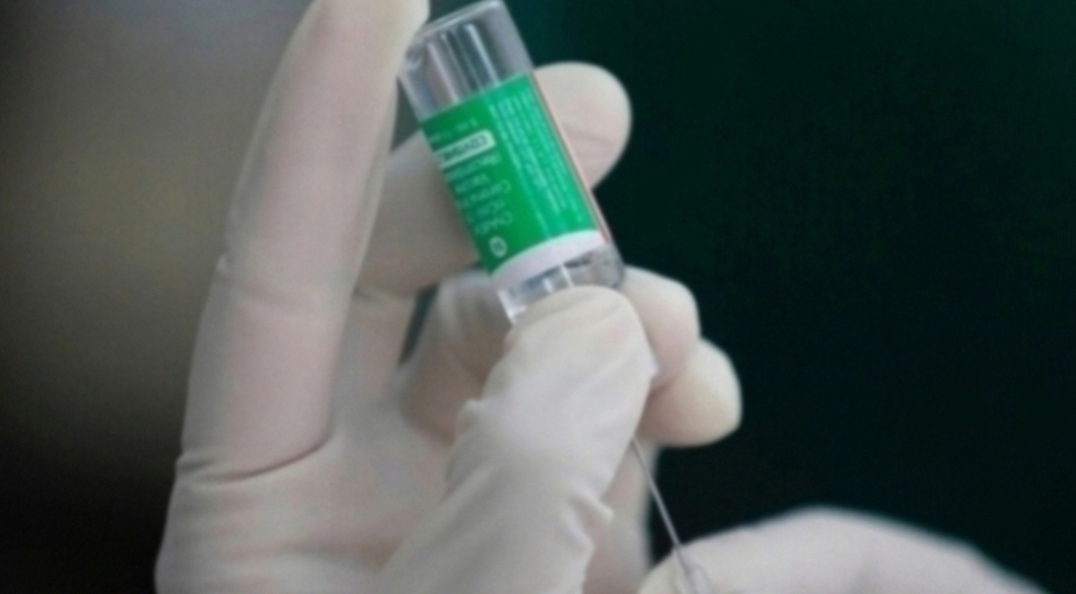The Government is constantly in consultation with experts for technical and strategic inputs, scientific ideas and domain-specific guidance.
There are some reports in a section of the media expressing concern about the Government’s efforts towards containment and management of COVID-19 to have excluded the larger wisdom of technical experts.
These apprehensions and allegations are unfounded and baseless. The Government is constantly in consultation with experts for technical and strategic inputs, scientific ideas and domain-specific guidance to address the COVID-19 pandemic. A National Task Force (NTF) for COVID-19 is constituted by Secretary DHR-cum-DG-ICMR with Member (Health) NITI Aayog as Chairperson and Secretary (DoHFW) and Secretary (DHR) as Co-Chairs. The NTF comprises of 21 members including technical/domain experts from the government and outside the government. Predominant expertise in the Task Force is from public health and/or epidemiology. Given the complexity and implications of the COVID-19 pandemic, the group has experts from medicine, virology, pharmacology and programme implementation domains, as well.
Further, the Task Force has constituted four expert groups. The expert groups on Epidemiology and Surveillance (13 members) and on Operations Research (15 Members) are almost entirely comprised of public health and epidemiology experts from the government and non-government arena.
The Task Force has held over 20 meetings and has systematically contributed towards the scientific and technical response to the pandemic. Among other contributions, the Task Force has issued guidelines on testing, prevention, treatment and surveillance. In addition to the NTF, the Ministry of Health and Family Welfare has also constituted a Group of Experts which has public health experts as members.
A section of the media is also reporting on the decisions regarding India’s approach to the pandemic. The decision on lockdown was taken in the background of rapid escalation of COVID-19 cases. The doubling rate of cases had dropped to a low level pointing toward a dangerous trajectory of high case load and high mortality, as experienced by many western countries. The possibility that our health systems could soon be overwhelmed with COVID-19 patients, seemed to be real.
Policies and strategies need to be calibrated to keep pace with the rapidly evolving situation nation is faced with. This virus is a new agent, not everything is known about it as yet. Government is fine-tuning the strategy based on emerging knowledge and experience on the ground.
As is well known in public health, different stages of epidemic demand different response. In fact, the nuanced, step-wise response is known to be a positive characteristic of a resilient health system. The people, the WHO and the global health community have appreciated India’s proactive and pre-emptive approach to COVID-19. There was all round consensus on the lockdown among all state governments.
The Government has already shared the information on the impact of lockdown and other restrictions on averting lakhs of infections and thousands of deaths, as also enormous gains in health system and people’s preparedness. Compared to countries that have eased lockdown such as UK, Itlay, Spain and Germany, India has reported the lowest numbers of cases/lakh population, at 17.23 cases/lakh population and 0.49 deaths/lakh population (as per WHO Situation Report dated 6th June 2020).
The various policy decisions, interventions and strategies for containment and management of COVID-19 have been placed in public domain and its impact has been shared with people through various media platforms, regular media briefings, daily press releases from various Ministries/Departments (national and State), panel discussions on electronic and social media.
Source: Press Information Bureau (PIB)
 Contact Us
Contact Us  Subscribe Us
Subscribe Us









 Contact Us
Contact Us
 Subscribe
Subscribe
 News Letter
News Letter

